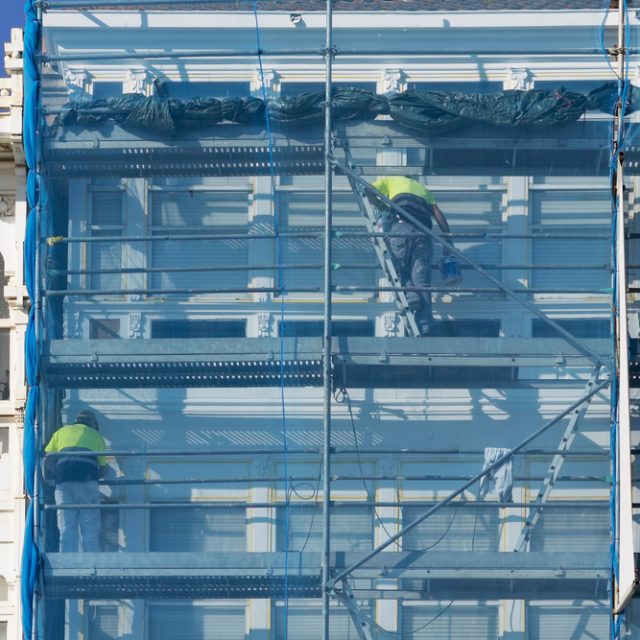Photo by Marcus Santos on Unsplash
When it comes to their use of cotton, the vast majority of international brands (89%) are “non-transparent, unsustainable and show little progress towards improving labour conditions,”, according to the 2023 Cotton Ranking, published by Solidaridad Europe and the Pesticide Action Network UK (PAN UK).
This, it is further alleged, is despite a wide range of possible actions available to corporations that can help them mitigate, address or even reverse the worst environmental and social impacts of the cotton production on which they rely.
The allegations are made in a new policy paper ‘Cotton and Corporate Responsibility’, published simultaneously with the Ranking.
It says “much of the cotton purchased by major companies does not meet even the requirements of basic certification, meaning that its source cannot be verified to be meeting minimal standards.”
The paper claims that, “As of publication only 9 of the 82 largest cotton-sourcing companies in the world are found to be sourcing 99% or all of their cotton from certified sources.”
“All other companies are failing to achieve even this, with 30 companies achieving a score of zero in the ranking,”it says.
“Many brands cite complex trade realities as a barrier to progress but the first published Cotton Paper ‘Cotton and Corporate Responsibility’, which addresses corporate social responsibility in the sector, invalidates this argument and provides clear recommendations. These recommendations include investing in smallholder climate adaptation, updating purchasing practices to ensure better pay for cotton producers, and becoming transparent on cotton sourcing, but even these are just a start.
“In reality, given the resources available to big brands, unsustainable cotton is a choice. A bad one. But it doesn’t have to be one we live with. Brands and retailers can make new decisions. They can choose to be more transparent in their operations, and about their suppliers. They can choose to take on the complex question of fair pay, rather than use it as an excuse. And they can choose to engage with all actors along their supply chain, rather than hiding behind intermediaries.” says Tamar Hoek of Solidaridad Europe.




